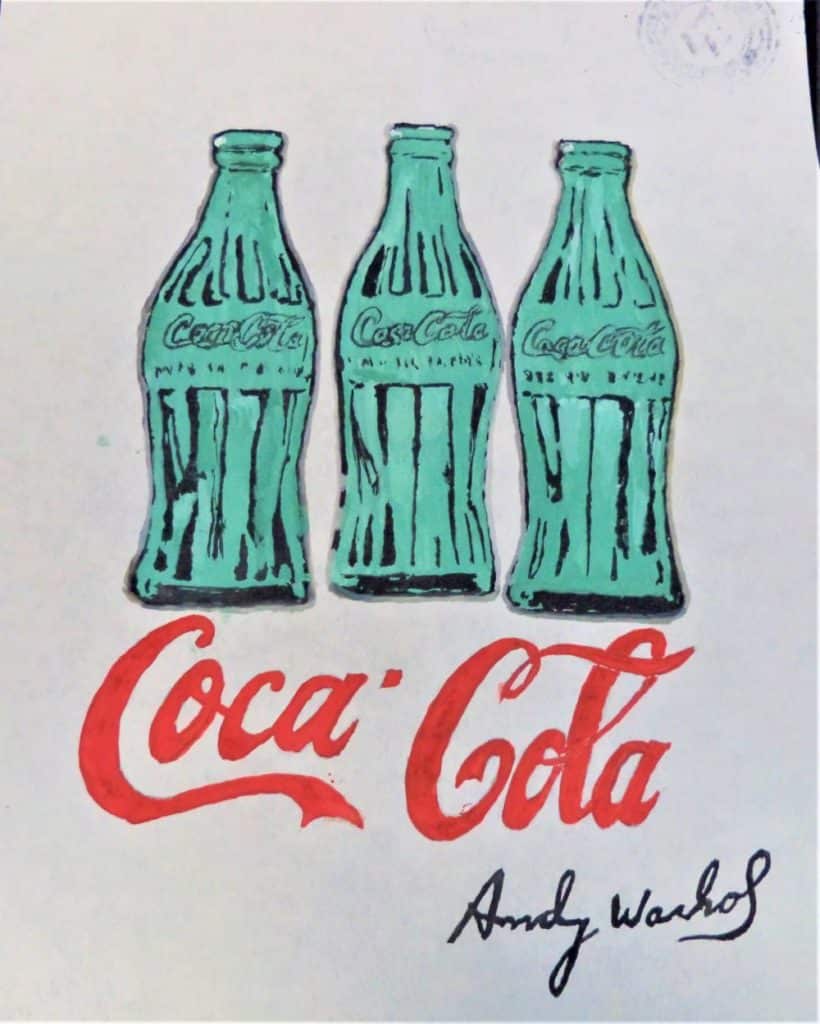
Many of us have heard or been told about, the experiment in which supposedly Coca-Cola was used to dissolve a nail in four days. I know that I first heard of it as a teenager. This experiment was supposed to show us that Coca-Cola was bad for us to drink, and how it would damage our stomachs. It was also supposed to rot our teeth with the idea that between the sugar in Coca-Cola (classic) and its acidity our teeth would be badly damaged. Since, when I was a teenager, we were also getting warnings about how rock & roll would destroy this country, and how modern dancing was just wrong, the warnings about Coca-Cola simply went in one ear and out the other.
But now that I am older, I have slightly different thoughts about this supposed experiment and the reasoning behind it. I urge you to perform a Google® search and see how often people have tried to replicate the nail experiment unsuccessfully. Should you wish a summarized version of how this myth spread and even became part of some deliberately false testimony to Congress, you can read https://gizmodo.com/the-scientific-myth-that-soda-will-dissolve-your-teeth-5903310. I am assuming that because it was the 1950s and an extremely surface moralism time in the USA that this explains why the myth caught on. The cultural explosion of the 1960s was, in part, a revolt against the surface moralism of the 1950s.
But, this supposed experiment illustrates both how false information is repeated to the point that it becomes “true” and how many people are unable to draw accurate logical inferences. For instance, it was said that this experiment was proof that the acidity of Coca-Cola was dangerous to the human body, that if it could “melt” a nail in four days (false information) what damage could it do to your teeth and to your stomach? Well, except for a few problems in the reasoning. The ph of the stomach is often lower than that of Coca-Cola. Cranberry juice has the same or lower acidity as Coca-Cola while lemon juice is only slightly less acid. Grapefruit, plums, and blueberries are also all acidic foods near the acidity of Coca-Cola.
So, wait, does this mean that we eat food as acidic as Coca-Cola all the time and that food is actually healthy and good for us? Well, yes, all the health advocates spend large amounts of time praising the eating of fruits or the juice of fruits. Obviously, many fruits are not acidic, but all citrus fruits are acidic to some level or another. We know the acid in citrus fruits as the Vitamin C that prevents scurvy and diseases.
I know that the phosphoric acid in Coca-Cola is not the same as the ascorbic acid in citrus fruits. However, what is being argued by those who still hold on to the falsified experiment is that it is the pH of Coca-Cola that is dangerous. I am pointing out that the pH in some of the citrus family is every bit as acidic as Coca-Cola, yet does not harm our digestive system or our teeth. In other words, the pH of Coca-Cola neither works as the falsified experiment claims nor is it any worse than the pH of citrus fruits or of our own stomach acid. For those who are worried about phosphoric acid, I should point out that our bodies also need phosphorus. The symptoms of a lack of phosphorus in the body are loss of appetite, anxiety, bone pain, fragile bones, stiff joints, fatigue, irregular breathing, irritability, numbness, weakness, and weight change.
Both the type of falsified experiment and the type of illogical reasoning found in the Coca-Cola experiment are found to this day on many “health” websites. No, I am not talking about The Mayo Clinic, or WebMD, or other reliable sites. I am talking about the many sites run by nutritionists that are giving bad advice based on either false information or on illogical thinking. Many of those sites often sell products not approved by the FDA, but legal to sell because they are labeled as something other than medicine. Those products are often the snake oil of the 20th and 21st centuries. Many do not work and some are dangerous. The dangerous ones eventually are removed from the market only for a new altered formulation to begin to be sold but with the same dangers.
Be careful where you get your information. If a website contradicts medical information, chances are that the website had either committed a logical error or is falsifying information in order to get a sale from you. Think it through. Given all the pills being sold over the Internet by “health” advocates and all the practices being recommended, we should be one of the healthiest countries in the world. We are not. We are simply another average First World country. That should give you all the information you need to make you very cautious about non-medical web advice.



Leave a Reply